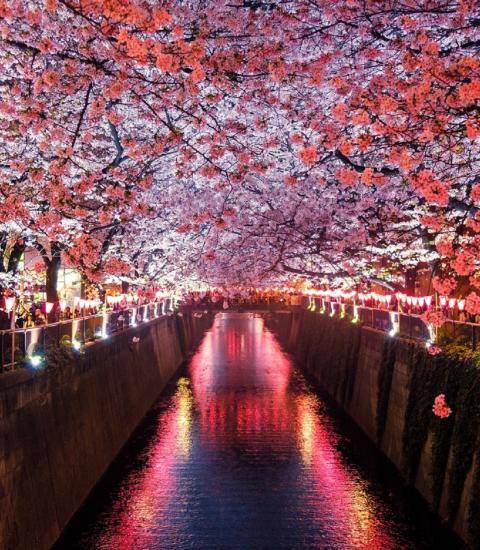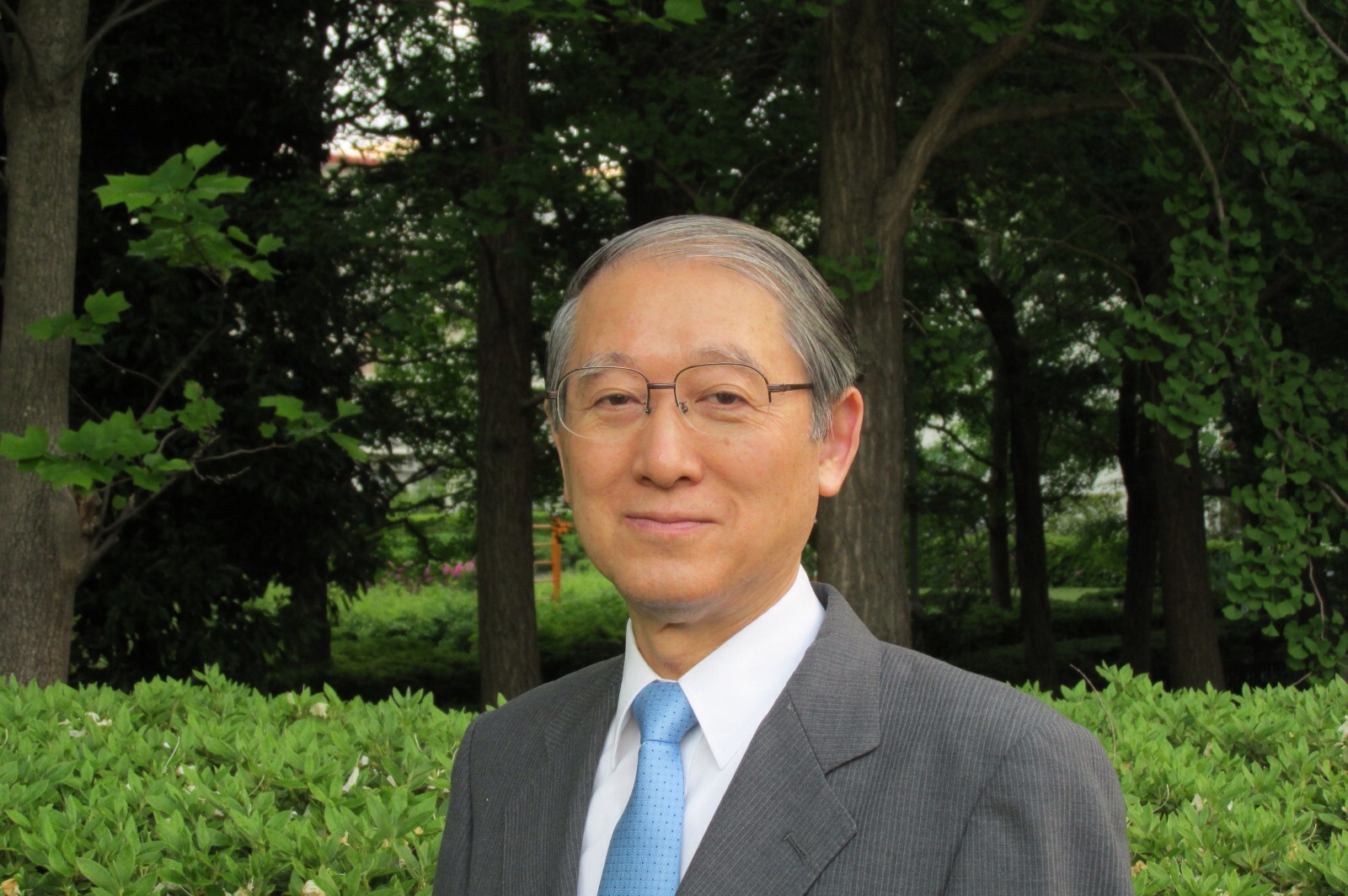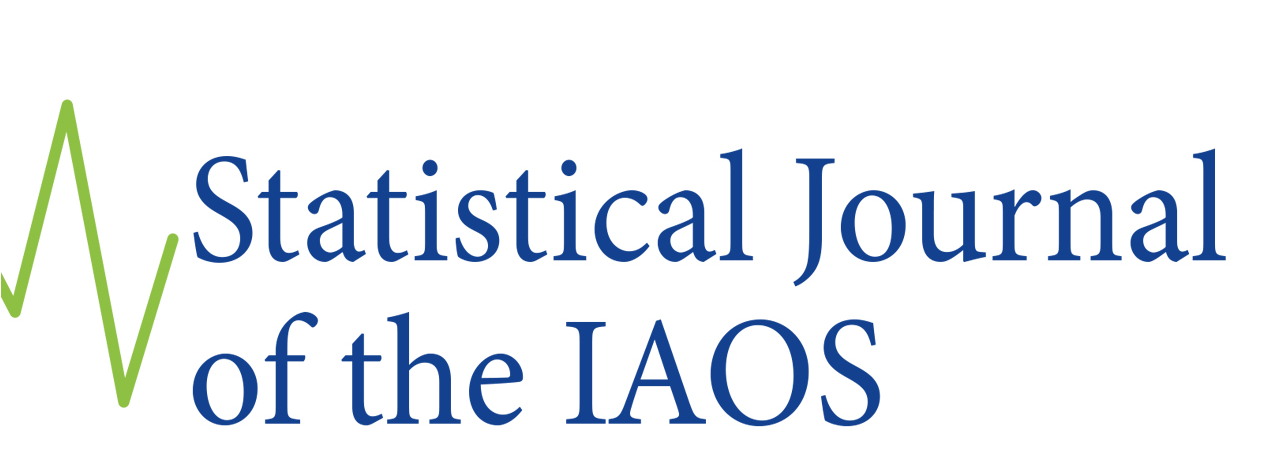

"We have much to learn from each other. We can improve statistics by learning from the experiences of other countries, and by presenting our own experiences to them. It is through this process that official statistics develops and grows over the long term.”
By Katherine M. Condon, Ph.D., Interview Editor - SJIAOS
Mr. Shigeru Kawasaki is the 14th and current president of the IAOS, the first Japanese to hold this title. Currently a professor at Nihon University, he is the former Director General of the Statistics Bureau of Japan where he had a distinguished career. He has had many international experiences in the field of official statistics. He served as chairperson of the East Asian Statistical Conference, chairperson of the Population Census Conference, and chair of the session of the United Nations Statistical Commission. He also worked for three years in New York in the United Nations Statistics Division.
In the interview, Mr. Kawasaki talks about growing up in Japan and the paths that led him to a career in official statistics. The development of statistics in Japan, including the impact of Edward Deming, is also described. Mr. Kawasaki discusses the importance of international collaborations and the sharing of experiences globally to ensure that the field continues to grow and evolve. Official statistics must be reliable and of the highest quality. He concludes the interview by sharing his vision for the IAOS and the SJIAOS and appeals to the membership to become involved in all aspects of official statistics.
Interviewer: Thank you so much for allowing us to interview you. Let us start at the very beginning and go back to your childhood. What was it like growing up in your country after World War II?
Thank you very much for giving me an opportunity to speak about myself and my views. I was born in 1951 in Hiroshima, Japan. That was six years after the end of WW II. Many people, especially in foreign countries, ask me about Hiroshima and how it was like growing up in a city that was affected by the bomb. I have some relatives who survived the bombing, and I remember hearing horrifying stories in those days from an uncle. Also, in the civics classes at school, we learned much about the importance of keeping peace in the world, not just about the bombing but also the whole war. But as the city was rapidly reconstructed, I grew up without seeing the scenes of the aftermath very much.
What I remember from my childhood is that Japan was experiencing very rapid economic and social changes; it was a period of rapid economic growth, a period of economic recovery.
One of the symbolic events from my childhood was the Tokyo Olympics, the 1964 Summer Olympics. We were all excited about the big international event. I am fortunate that I will probably be able to see another Tokyo Olympics in 2020 in my lifetime. I am really looking forward to it.
Along with the Olympics, many new things were introduced in our life, the 'bullet train', for example. The Japanese bullet train, the Shinkansen, introduced modern high-speed rail services to the world in 1964. The first line ran from Tokyo to Osaka at 210 km/h, the world’s highest speed in those days, and it reduced the travel time from 6 hours to 3 hours. Also, broadcast of color TV became popular, and many families began to purchase new TV sets to enjoy the Olympic Games in color. These are some of the memorable things that happened in my childhood.
Interviewer: Looking back to our childhoods, we often find that a particular event or person had an impact on our later years. Did a particular person or event shape you into the person you are today?
It is difficult to give a single event or person. But I think some events had a strong impact on me and made me start thinking about the world. I want to give two events that I remember in particular.
One is the news of the assassination of John F. Kennedy in 1963. That was just one year before the Tokyo Olympics. I got the shocking news, when my family and I were watching television in the morning of November 23. We had gathered in front of the TV, because on that day the first experimental TV broadcast through the communication satellite above the Pacific Ocean between the United States and Japan occurred, and we were all curious. Nowadays, telecommunication through satellites is so common, and not many people would be interested or excited about it, but on that day it was supposed to be an historical moment for telecommunication. We were expecting some interesting news on the screen, but all of a sudden the tragic news of the assassination came. That was really unbelievable. The broadcast made me feel the outside world much closer to me than before. I felt the world was not so secure and peaceful. I became strongly interested in the world and foreign countries. I was in the 6th grade in elementary school.
Another important event for me was my experience as a foreign exchange student to the USA from 1969 to 1970. There is a program called American Field Service (AFS), which provides opportunities for high school students in many countries of the world to go to the United States for one year, staying with American families. I was fortunate to be one of the students selected to represent Japan. There were about 120 Japanese students in the program in that year.
I lived in Torrance, California, a southern suburb of Los Angeles, and spent my senior year there, staying with a host family. At the end of my stay, I was graduated, participating in the graduation ceremony with caps and gowns, which was quite different from Japan. I am really grateful to my host family for accepting me as a new family member.
It was a wonderful and rewarding experience. I made friends with many people there and lived in a different culture. Nowadays, Japan is quite westernized, but in those days, it was a different period. It was interesting to learn what I studied in Japan again, this time in English. So, it was also a very good opportunity to learn the language. However, I still find English difficult. So I hope I am doing well in this interview.
Would you like to read more about the early life, education and professional accomplishments of Shigeru Kawasaki? Read the full interview here.
